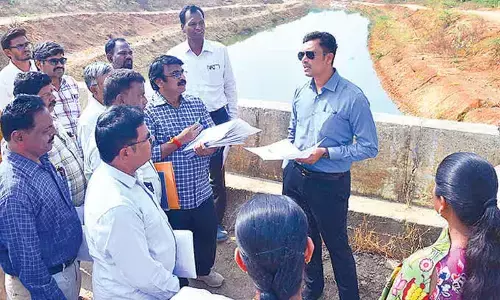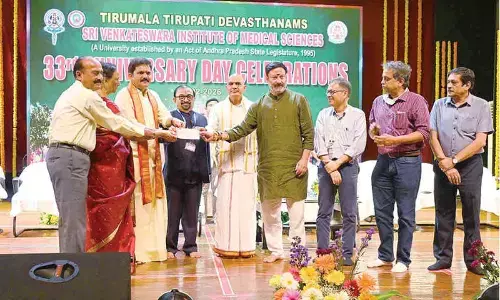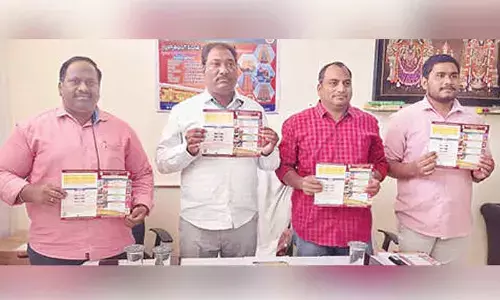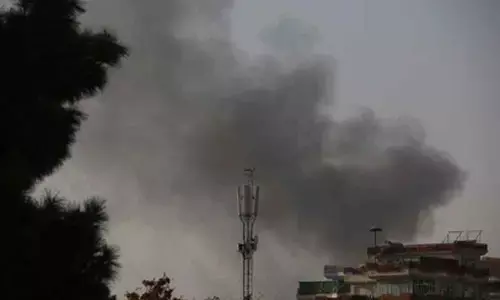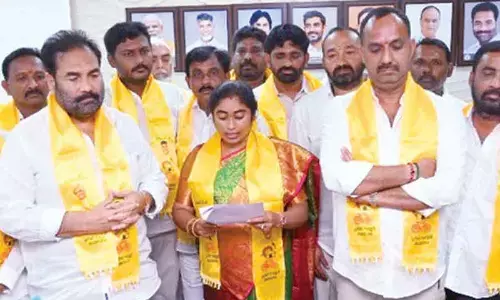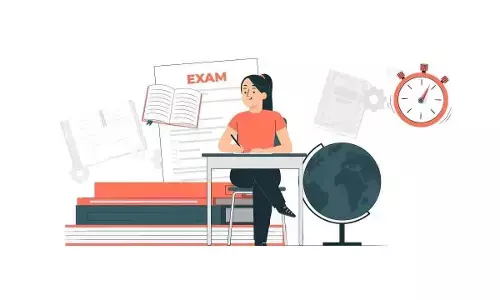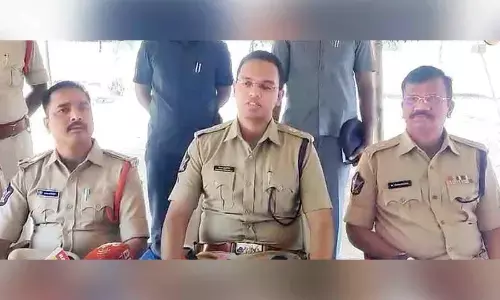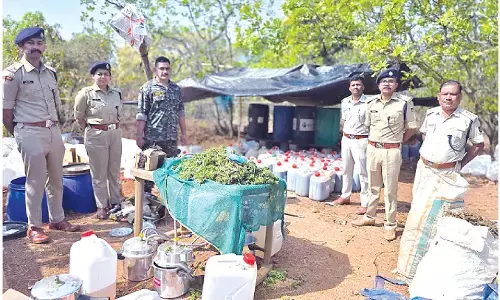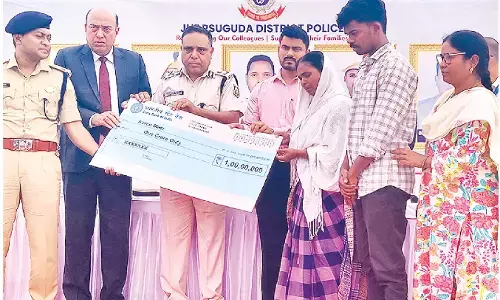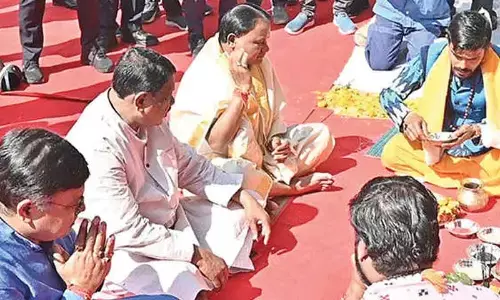Understanding the Maintenance and Welfare of Parents and Senior Citizens Act
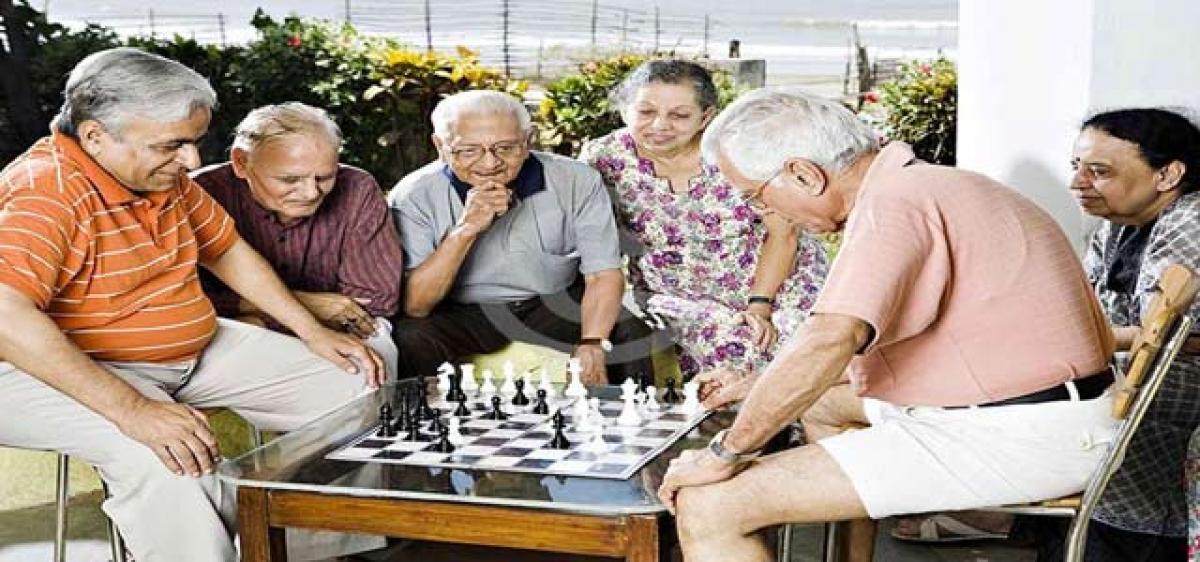
In 2007, the Maintenance and Welfare of Parents and Senior Citizens Act was passed to provide maintenance support to elderly parents and senior citizens.
In 2007, the Maintenance and Welfare of Parents and Senior Citizens Act was passed to provide maintenance support to elderly parents and senior citizens.
The Act establishes the Maintenance Tribunal to provide speedy and effective relief to elderly persons. Section 19 of the act also mandates the establishment of an old age home in every district and provides for the protection of life and property of the elderly.
Parents can opt to claim maintenance either under Section 125 of the Criminal Procedure Code, 1973 or under this Act – they cannot opt for both.
If a person has an application under Section 125 pending before the court, a request can be made to the court to withdraw the application.
After the withdrawal, the person can file an application before the Maintenance Tribunal under this Act.
What is maintenance?
Maintenance is defined in the Act as including “provision for food, clothing, residence and medical attendance and treatment”.
Who can claim maintenance?
Parents
Parents means biological, adoptive and step parents. The age of parents is irrelevant to claim maintenance.
Grandparents
Grandparents includes both maternal and paternal grandparents.
Senior citizen
A senior citizen is an Indian citizen who is 60 years of age or older.
The only condition for claiming maintenance under this Act is that the persons must be unable to maintain themselves from their own earnings and property.
Who is legally obligated to pay maintenance?
Adult Children and adult grandchildren, both male and female, are responsible for paying maintenance to parents and grandparents. An application can be filed against any one or more of them.
Senior citizens who do not have children or grandchildren can claim maintenance from a relative who is either possessing their property or who will inherit their property of the senior citizen after their death.
The relative must not be a minor and must have sufficient means to provide maintenance. If more than one relative is entitled to inherit the property, then maintenance must be paid by relatives in proportion to their inheritance of the property.
How much maintenance must be paid?
The Act mandates that the maximum maintenance paid will be Rs 10,000 per month. The maintenance amount is determined by the needs of the claimant and the aim is to provide maintenance for the person to lead a normal life.
Filing maintenance proceedings:
The application for maintenance must be filed before the Maintenance Tribunal in any district where
- the parent, grandparent or senior citizen resides; or
- the parent, grandparent or senior citizen has last resided; or
- the person against whom maintenance is claimed resides.
If the person herself cannot file the maintenance application, then any other person or organisation authorised by her can file the application on her behalf. Additionally the Maintenance Tribunal has the power to take action on its own without any request by the parties.
The Act states that no party to a proceeding before the Maintenance Tribunal will be represented by a lawyer. However, parents or senior citizens can avail the services of the State Government appointed Maintenance Officer to represent their interests during proceedings before the Maintenance Tribunal.
Enforcing the maintenance order:
Once an order is passed by the Maintenance Tribunal, a copy of the order must be provided free of cost to the person who will receive maintenance. If the other person is ordered to pay a sum, such amount must be deposited within 30 days of the announcement of the Tribunal’s order.
The failure to pay maintenance without sufficient reason will result in a warrant for collecting the due amount. If the person does not pay maintenance even after the warrant is executed, the person is liable to imprisonment for a maximum of 1 month or until the amount is paid, whichever is earlier.
The application for enforcement of maintenance must be filed within 3 months from the date on which it became due. Otherwise the application will be dismissed.
The order can also be revised to alter or cancel the maintenance amount if there is any material change in circumstance of the claimant, misrepresentation (an innocent, unintentional, false statement) or mistake of fact (wrong belief about a fact).
Protection of senior citizens
Any person who is responsible for the protection and care of a senior citizen and intentionally abandons the senior citizen completely is liable to pay a fine of Rs 5,000 or be imprisoned for 3 months or both.
Additionally, senior citizens can file an application before the Maintenance Tribunal to declare the transfer of property void. The following conditions apply:
- The transfer of property, irrespective of whether it is a gift or not, must be after the commencement of the Act.
- The property must be transferred by attaching some conditions that require the person to whom the property is transferred to provide basic amenities and physical needs to the senior citizen.
- The other person must have failed to or refused to provide the amenities and physical needs to the senior citizen.
If senior citizens have the right to receive maintenance from an estate and the estate is transferred, either partly or wholly, then the right to maintenance can be claimed from the person to whom the property has been transferred when:
- The person to whom the property has been transferred for consideration has the notice of the right; or
- The transfer is gratuitous.
Responsibility of the State Government:
The State Government must ensure that all government hospitals and hospitals partly or fully funded by the government arrange separate queues for senior citizens and provide beds for all senior citizens. Additionally, every district hospital must have special facilities for senior citizens. Every district must have at least one old age home for senior citizens who are poor and needy. These old age homes must be able to accommodate at least 150 poor and needy senior citizens.
Old Age Homes by the State Governments
A total of more than 45 crore rupees has been released by the Government of India supporting the Old Age homes in states since 2013-14. More than 21000 beneficiaries were covered by the 875 old age homes in various states who received assistance.
Source: factly.in


